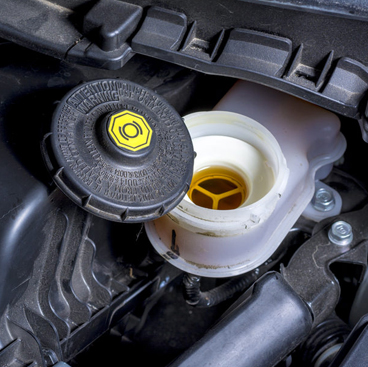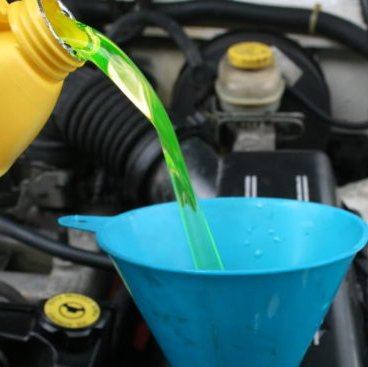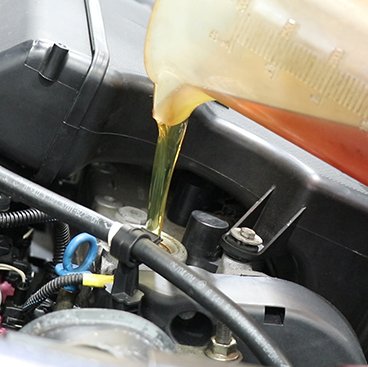Brake Fluid’s Crucial Role in Vehicle Safety

Brake fluid, also referred to as hydraulic fluid, plays a critical role in ensuring the proper function of your vehicle’s braking system. It serves as the vital medium that transmits force from the brake pedal to the various components within the brake system, ultimately bringing your car or truck to a stop when you engage the brake pedal.
The importance of brake fluid becomes evident when you consider the conditions under which it operates. Within your vehicle’s braking system, the fluid must endure both high temperatures and high pressure. When you apply the brakes, the hydraulic fluid is pressurized and sent through the brake lines to actuate the brakes at each wheel. This hydraulic force is what generates the friction between the brake pads or shoes and the rotors or drums, resulting in the deceleration of your vehicle. Without the proper functioning of brake fluid, this essential process would be compromised, and your vehicle’s ability to stop effectively would be greatly diminished.
Over time, brake fluid can undergo a subtle yet concerning transformation. It has a tendency to absorb moisture from the surrounding environment. This moisture absorption is a gradual process, but as water content in the brake fluid increases, it can lead to several issues. Water in the brake fluid lowers its boiling point, which can result in brake fluid boiling under the extreme heat generated during hard braking, causing a spongy or less responsive brake pedal. Furthermore, water in the brake fluid can lead to corrosion of vital brake components, such as brake lines and calipers, potentially jeopardizing the safety and reliability of your braking system.
To mitigate these concerns and maintain the effectiveness of your braking system, vehicle manufacturers typically recommend changing the brake fluid every two years. This interval is designed to prevent excessive moisture accumulation and ensure that the brake fluid retains its ability to transmit hydraulic force efficiently. Regular brake fluid changes not only enhance your braking performance but also contribute to the overall safety of your vehicle.
In summary, brake fluid, often known as hydraulic fluid, is the unsung hero of your vehicle’s braking system. It withstands high temperatures and pressure to ensure that your car or truck can stop reliably when you press the brake pedal. Regular maintenance, including changing the brake fluid every two years, is essential to prevent moisture absorption and to keep your brakes operating at their best, ensuring your safety on the road.







